Key Takeaways
- Guinea pigs can eat raspberries in moderation as an occasional treat.
- Raspberries are rich in vitamin C, beneficial for guinea pig health.
- Overfeeding can lead to digestive issues due to high sugar content.
- Always wash raspberries thoroughly and serve in small amounts.
Guinea pigs can eat raspberries, but in very small amounts! There are many health benefits, as well as drawbacks, and it’s important you read about both so you can determine whether or not something is good for your piggy!
We've also got a Fruit Master List that lists common fruits that your piggy can and can't eat!
What vitamins and other nutrients do raspberries contain?
Vitamin C
This vitamin is important for boosting immunity and helps prevent infections and the contraction of other illnesses. This is important because infections can be dangerous for guinea pigs, and in some cases it can be life-threatening. We want to prevent this from happening in the first place!
Vitamin C also plays a role in repairing and growing all body tissues, which can be especially important in young guinea pigs that are still growing and developing. ! It also helps absorb iron, which is necessary for maintaining blood health by creating proteins that play huge roles in oxygen transport throughout the body. There is 26.2 mg in a 100 g portion.
Iron
Iron is needed for keeping blood healthy and for preventing anemia. It’s also needed for making hemoglobin, which is a protein in red blood cells that carries oxygen to all parts of the body. It’s also useful for making myoglobin, which provides oxygen to muscles in particular. Oxygen transport is so much more important than you may realize!
Oxygen is a vital component in virtually all bodily functions, whether it’s the synthesizing of tissues, or being properly oxygenated for physical activity. And as you know, keeping your guinea pig active is one of the best ways to keep them healthy as well! There is 0.7 mg in a 100 g portion.
Phosphorus
This helps with bone growth and balances out calcium consumption! The main function is actually in the formation of bones and teeth, and it works hand-in-hand with calcium in order to do this.
As you probably already know, calcium is something that is necessary for the guinea pig body, but it also needs to be fed in moderation in order to avoid any issues in the urinary tract, whether it’s infection or otherwise. It also plays a role in how the body uses carbohydrates and fats.
Generally, you don’t want your guinea pig to be consuming foods with too much of either, because the guinea pig body can’t fully process either of them. However, for the small amounts of each that the guinea pigs do encounter in their diet, there needs to be enough phosphorus in order for their bodies to break them down and make use of them. There is 29 mg in a 100 g portion.

What other benefits does raspberries provide for your guinea pig?
The other nutrients in raspberries are plentiful! For example, there are components that help with maintaining good vision. It also is low in unhealthy fats, so you don’t have to worry about obesity when it comes to this fruit! Consumption of raspberries can also help with blood clotting, and with bone metabolism.
What are the downsides about raspberries for guinea pigs?
Unfortunately, even with all the benefits, there are some negatives about feeding your piggies raspberries. For example, they can provide too much fiber and cause an upset stomach! There is also a high level of calcium, which can lead to calcium deposits in your piggy’s urine, which can be painful and uncomfortable to pass.
There is also the presence of Xylitol, which is a compound that can be dangerous for a lot of animals. In guinea pigs, it can be absorbed into the bloodstream extremely fast, and can cause their blood sugar to drop too quickly, leading to hypoglycemia, a condition in which the blood sugar is lower than what it should be.
Guinea pigs can eat raspberries, but do they like it?
Yes! Guinea pigs love anything sweet, which is why it can be hard to limit how many you give to them, but it’s for their health.
How should you go about feeding your guinea pig raspberries?
If you end up deciding to include raspberries in your guinea pig’s diet, you should make sure to strictly limit how many they have! At most should only be fed once or twice a week as a sweet treat. The serving size should be only one or two raspberries at most!
However, before you give your guinea pig the full amount, make sure to start off with a smaller amount to ensure that they don’t react in an adverse way! Once you’ve determined that your guinea pig can handle it, you can give them the full one or two raspberries.

Overall, it is OK to feed your guinea pigs raspberries!
Once you’ve done the trial run and gauged that the fruit is safe for your piggy, you’re good to start including it into their diet. As with all fruits and vegetables that are included in their diet, everything should be fed in moderation to ensure that they’re not only happy, but healthy and safe!
What else can guinea pigs eat?
Check out our Fruit Master List for quick facts on common fruits that your guinea pig can and can't eat.


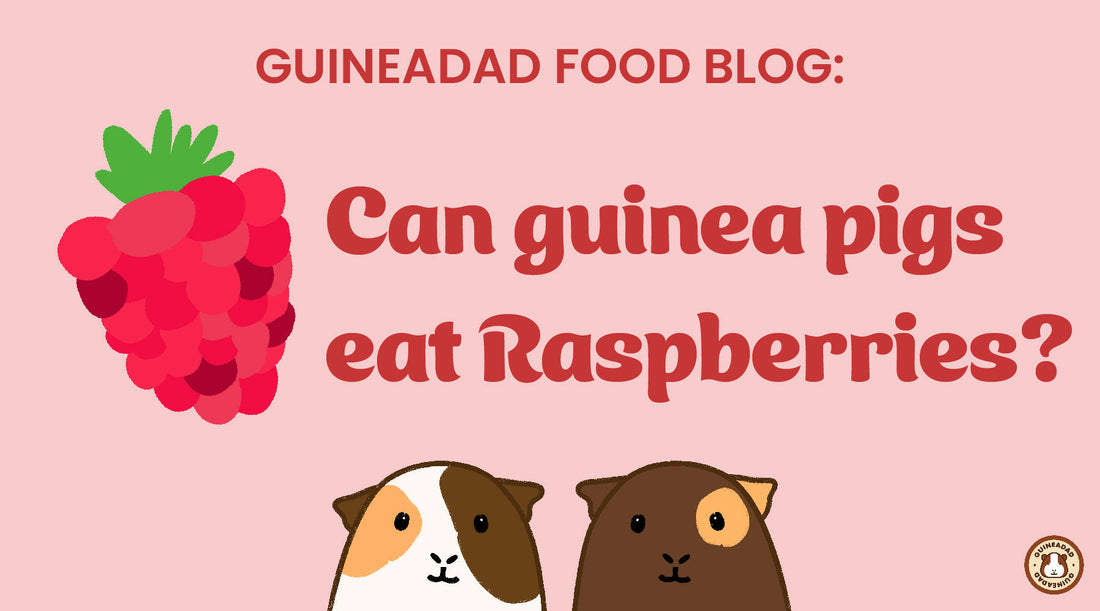






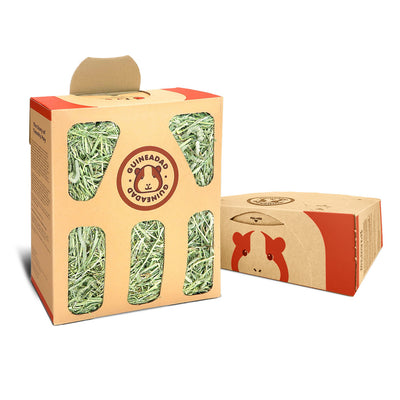
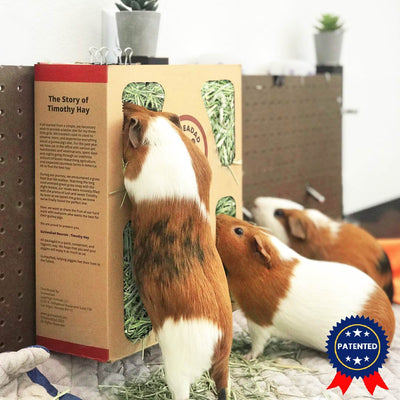
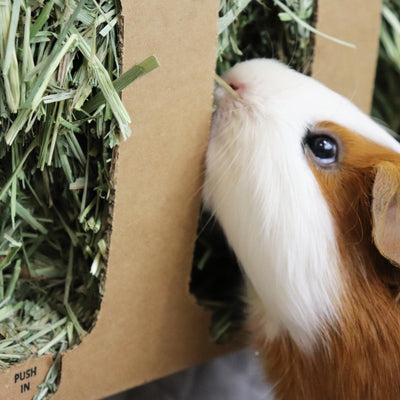
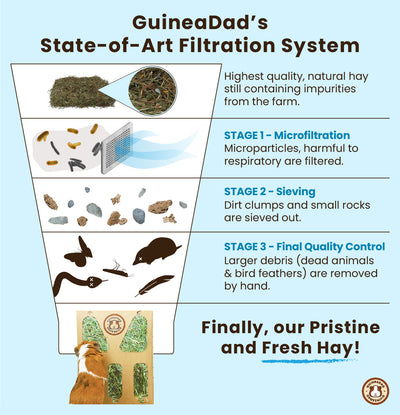
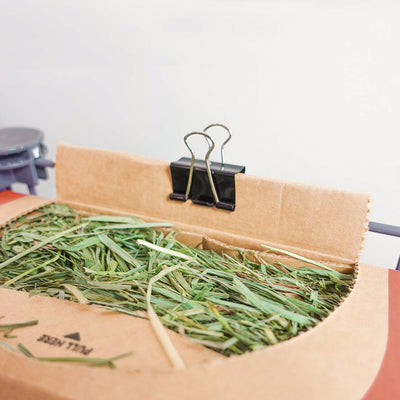
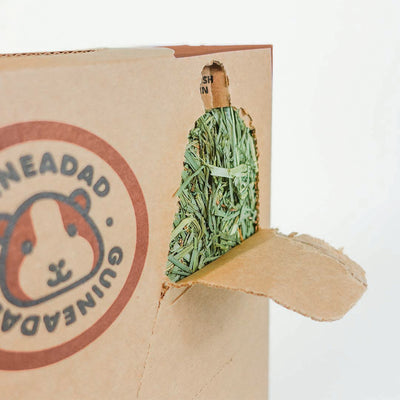
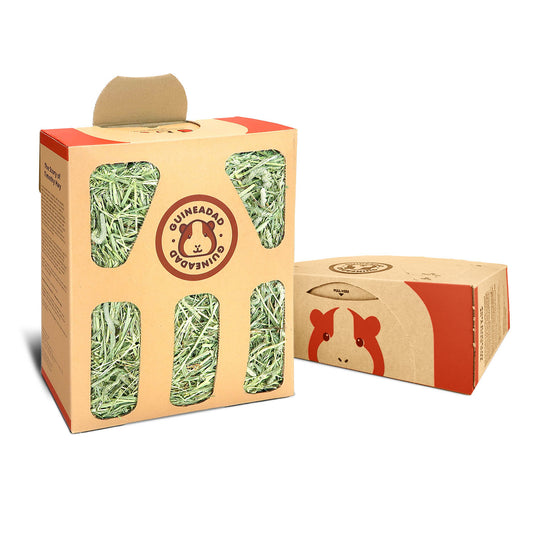
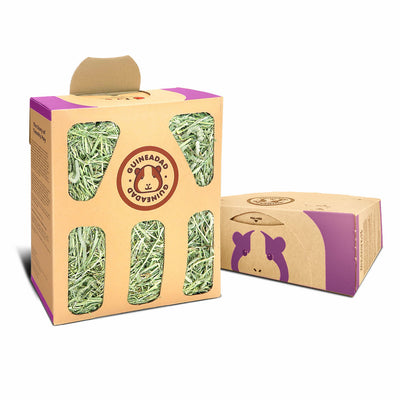

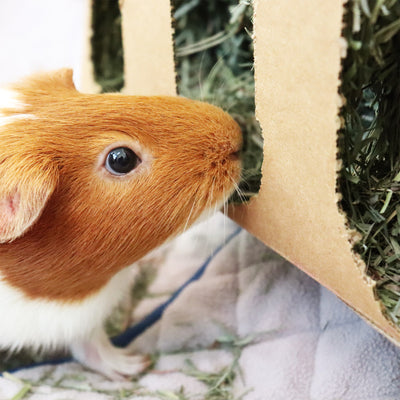
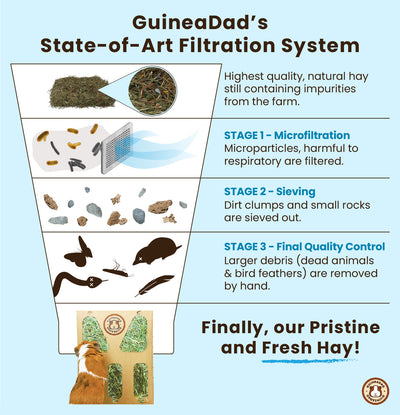
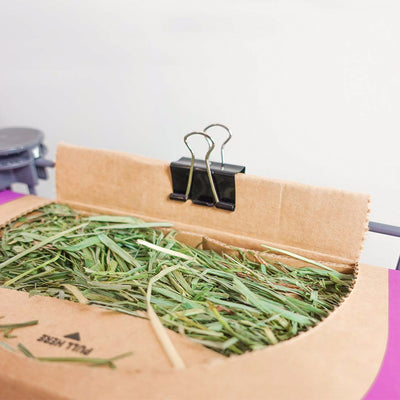
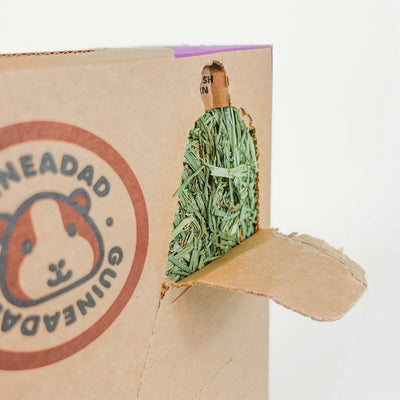
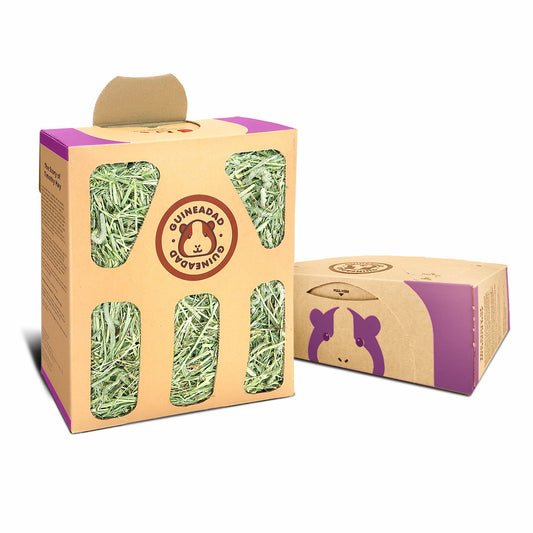
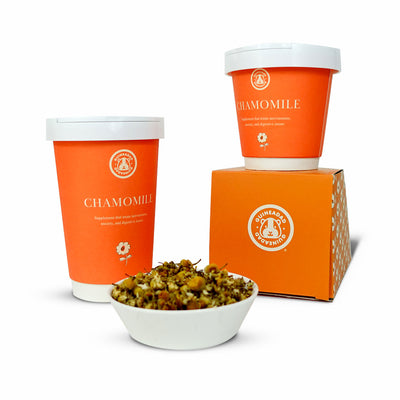
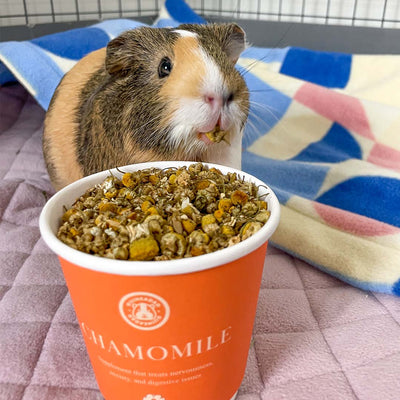
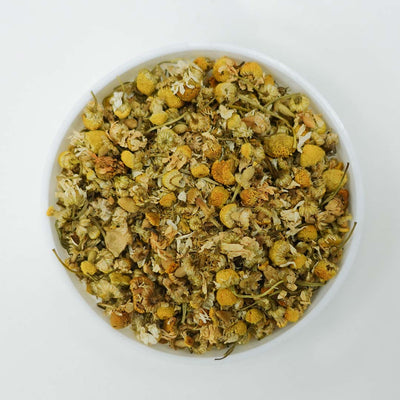
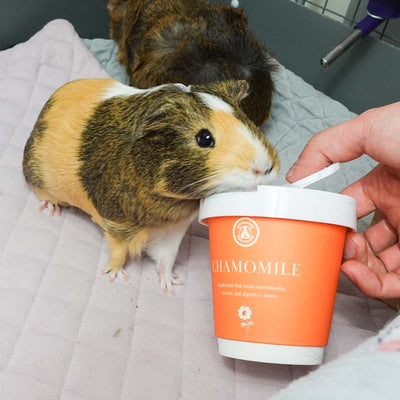

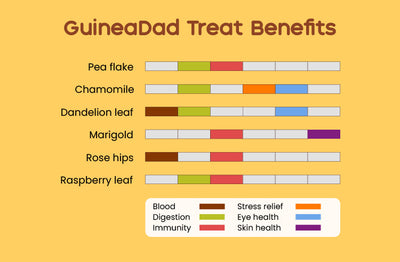
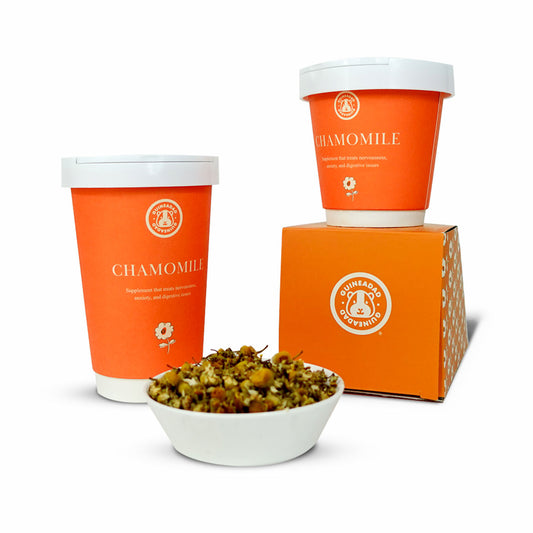
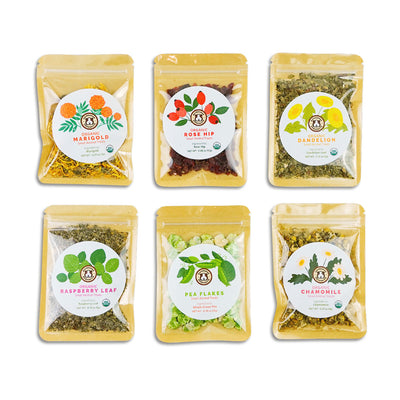
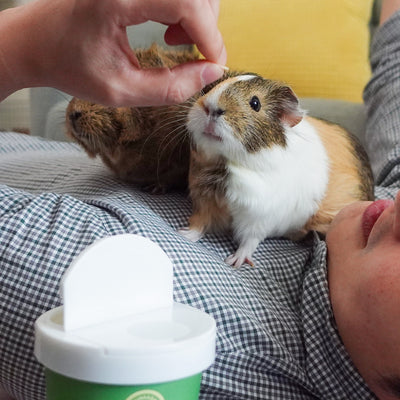
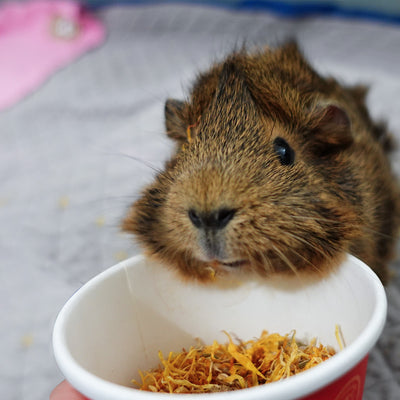

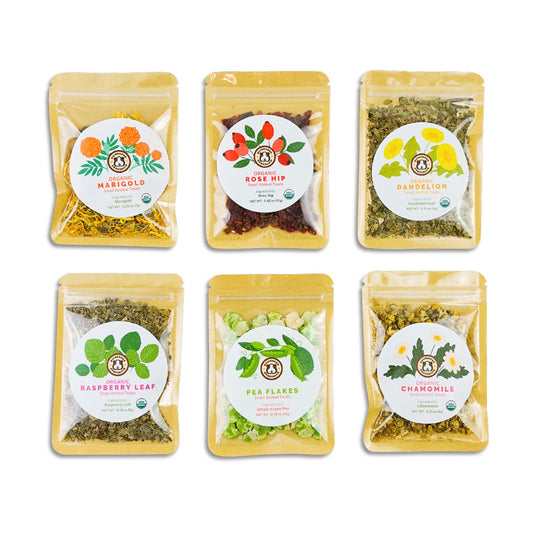
1 comment
It was very helpful information